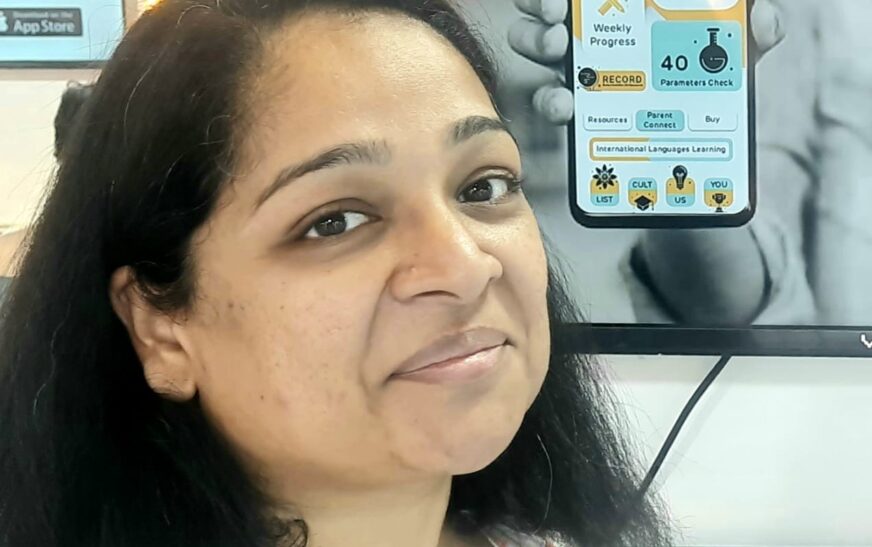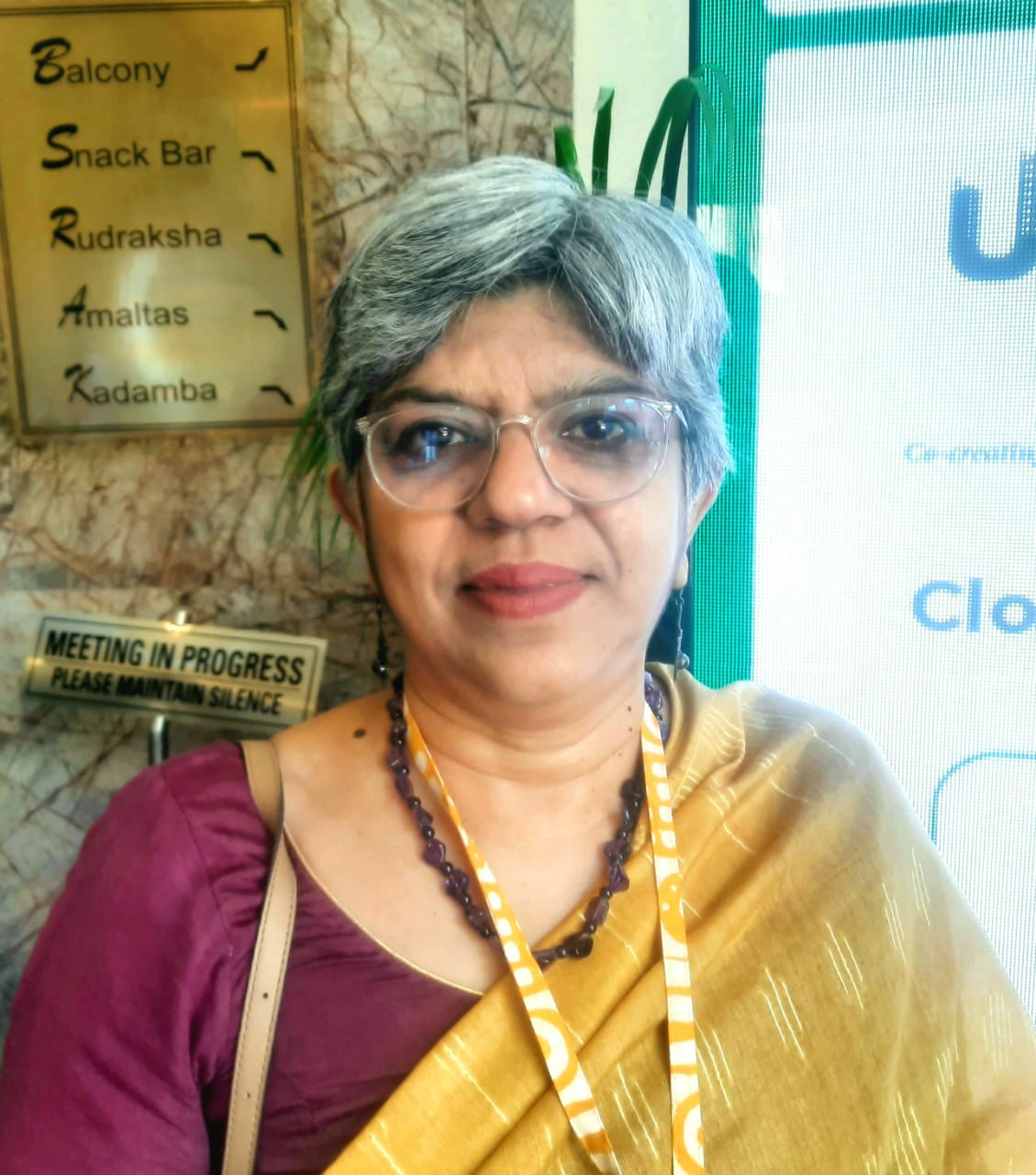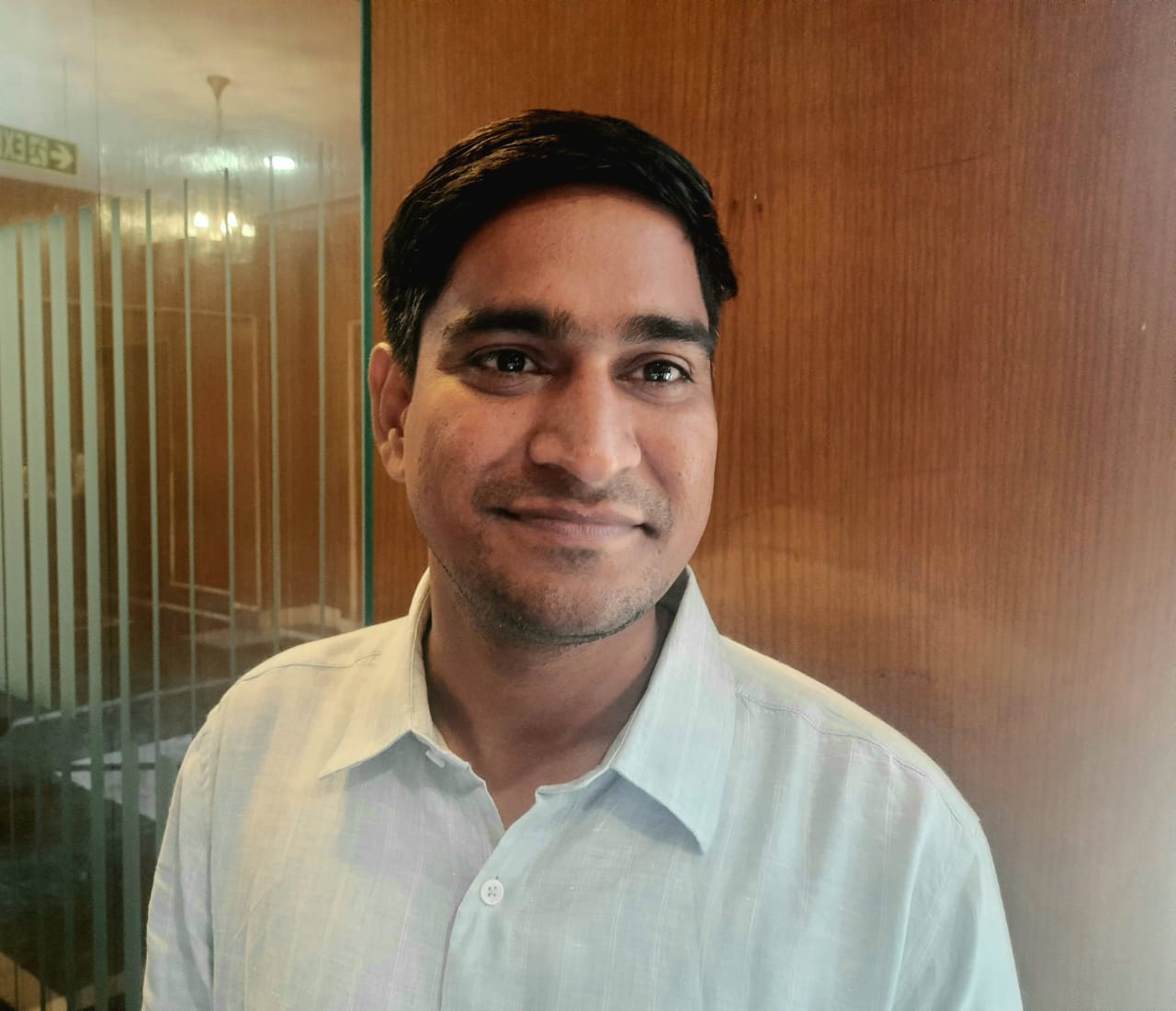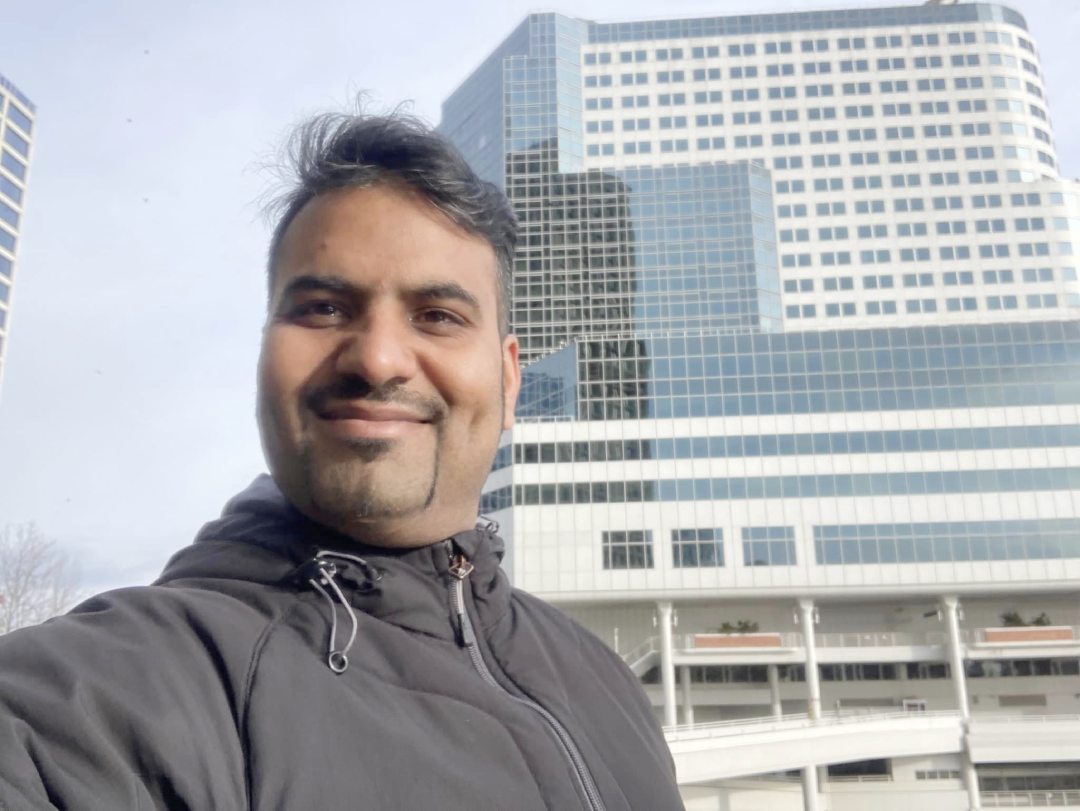GoKids, an edtech startup, is dedicated to analyzing young minds to identify their natural affinity for various fields—whether it’s science, engineering, medicine, humanities, commerce, sports, or music. The company strives to guide students toward pursuing the path they genuinely want to carve for themselves, free from peer or parental pressure. GoKids also offers consultations to parents, helping them understand their child’s interests and how to support them in excelling in their chosen path.
In an exclusive dialogue with The Interview World, Pallavi Modi, Founder of GoKids, delves into how the startup uses a hybrid model to shape children’s educational futures. She shares valuable insights on how they pinpoint a child’s inherent interests. Moreover, she highlights the precision of their analysis in steering students toward the right educational stream, setting them on the path to success. Below are the key takeaways from her thought-provoking conversation.
Q: Could you elaborate on how GoKids uses advanced methods and emerging technologies to guide children’s future educational and career paths?
A: GoKids is a research-driven company that has been conducting in-depth studies for nearly three years. We began by engaging directly with parents, understanding their upbringing practices, educational environments, and cultural backgrounds. Through these interactions, we’ve built strong connections with parents, offering them local resources and gathering valuable data, all of which we’ve consolidated into our app, PACT. PACT, or Parent Connect, is designed by parents for parents, creating a global network where they can share experiences and support each other.
Whether a parent is in a small village like Banga in Punjab or in major cities like Mumbai or Bangalore, they can connect, discuss their concerns, and share data with others. We analyze these cases, convert them into data-driven insights, and draw meaningful conclusions through backtracking. For instance, when we assess a child in the 10th grade, we review all their academic records, extracurricular activities like sports and arts, and other achievements. We employ a 40-parameter test, using this comprehensive data to design a tailored 10-year career path strategy for the child. This entire process enables us to offer accurate career assessments and guide parents effectively in shaping their children’s futures.
Q: How do you identify a child’s specific skills for STEM, humanities, or commerce, and what technologies support this analysis?
A: We employ trained counsellors who specialize in understanding children’s natural capabilities. Research shows that by the age of 8 or 9, children often begin to reveal their inherent strengths. Therefore, we don’t wait until they turn 15 or even reach 12 to make our assessments. Instead, we identify these abilities early on and introduce various activities tailored to their interests.
To facilitate this process, we assign tasks to parents, encouraging them to engage their children in these activities and submit the results. This creates an interactive, two-way communication platform within our app. Each participant stays connected, allowing us to draw meaningful inferences from the data gathered.
Q: Does your platform primarily operate on a B2B model, B2C model, or a combination of both?
A: Currently, our primary focus is on B2C. However, we are also engaging in B2B initiatives by collaborating with schools. We conduct workshops and gather valuable data during these sessions. Thus far, our B2C approach has served as an experiment to better understand our audience.
Q: How many downloads has the PACT app achieved so far?
A: We primarily operate on the ground, where I currently manage a database of nearly 800 children. This data is crucial to our initiatives, as it forms the foundation of our work. We will present our findings based on this database. Downloads will occur only once we have compiled the complete dataset and refined our algorithm. Our approach is hybrid, focusing initially on offline interactions.
Q: How do you assess the accuracy of the analysis you provide to students, and what impact do you believe it has on their learning outcomes?
A: Our accuracy level ranges from 90 to 92%, a testament to our three years of experience in this field. We consulted with the children approximately two and a half years ago, and we are now tracking their progress. Additionally, we assess accuracy after one month. When we make a suggestion, we ask the child to implement it over the next three weeks, allowing us to evaluate the results in the fourth week.
Q: After working with 800 children, are they continuing on the paths you recommended, or have some deviated?
A: Recently, we counseled a child who expressed a desire to major in psychology. However, she was initially selecting a PCM (Physics, Chemistry, Mathematics) track. This choice represented a significant deviation from her interests. We began working closely with her to focus on psychology. Interestingly, the debate surrounding her course selection stemmed primarily from her parents, not from her.
In another case study initiated last August, we guided a student who ultimately found the right path. We are progressively enhancing her math skills and have adjusted her sports involvement. Initially, her parents chose a sport in which she struggled. Now, after selecting a different sport, she is excelling. We utilize various parameters to evaluate the child’s success throughout this process.









